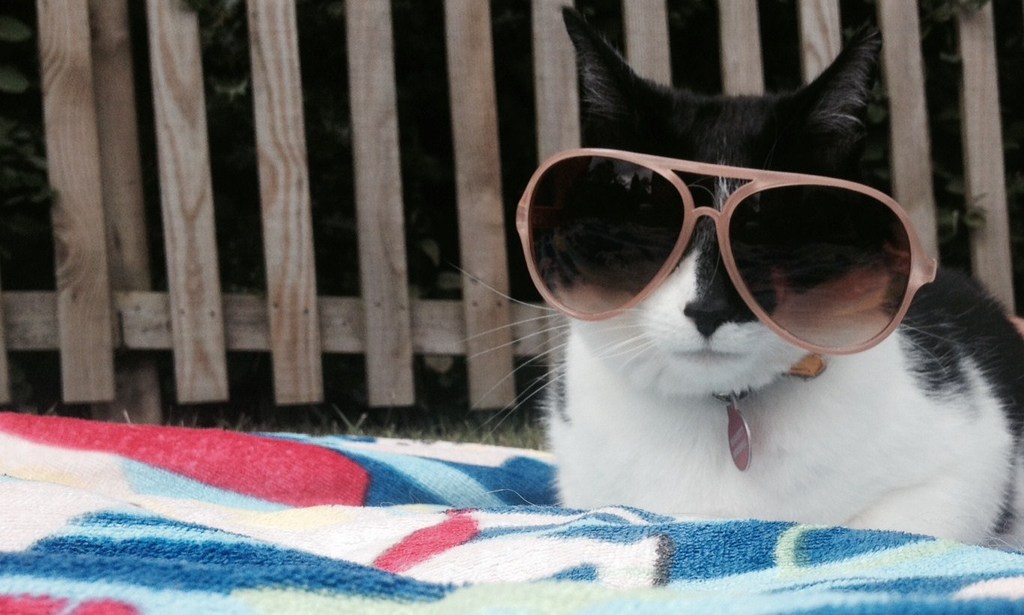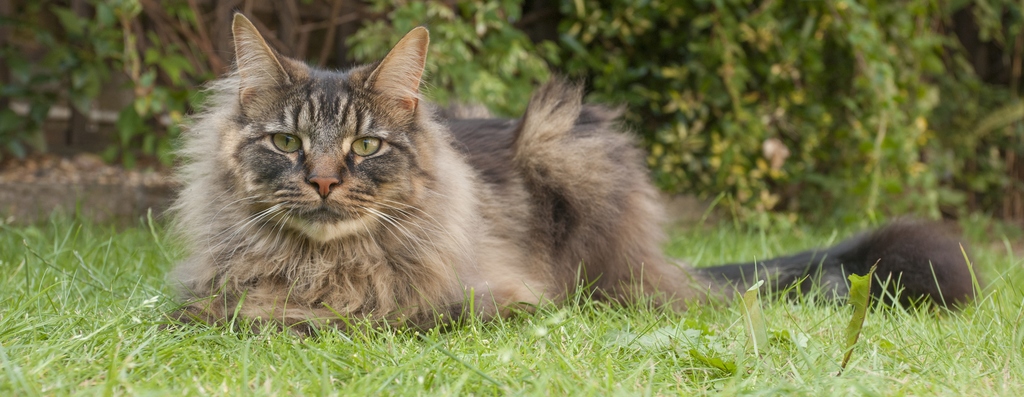Being able to easily take our pets with us when we travel abroad is great! However it is important to make sure before you go that your pets meet all the requirements for travel and for re-entry into the UK. There are some simple steps for travel under the Pet Travel Scheme for many of the countries we visit. However requirements can vary further afield.
Under the Pet Travel Scheme dogs, cats and ferrets can travel to most European countries without a quarantine requirement on their return. The government website has a full list of the included countries. See https://www.gov.uk/take-pet-abroad for more details. It is always important to check the entry requirements of whichever country you are going to.
In order to travel and re-enter the UK from an EU or listed country your pet will need a microchip. This is used to identify your pet. They also need an up to date rabies vaccination which was given after the microchip was implanted and a valid pet passport signed by an official veterinarian. If it is the first time your pet has had a rabies vaccination they have to wait 21 days before they can travel. Before returning to the UK your pet will need a specific tapeworm treatment which has to be veterinary certified. This has to be between 24 and 120 hours before your return.
To re-enter the UK from other countries there are often additional entry requirements. These can include specific import or export certificates or bloods tests. If you are unsure what the requirements are for the country you are visiting just ask one of our vets for more information.
It is also important to consider how your pet will travel as it needs to be with an approved transport company and along an authorised route.
Several of our vets are able to issue pet passports. If you are planning to go away with your pet and are unsure what you may need we suggest getting in touch in plenty of time so we can get everything organised for you. Just give us a call on 01606 880890.




